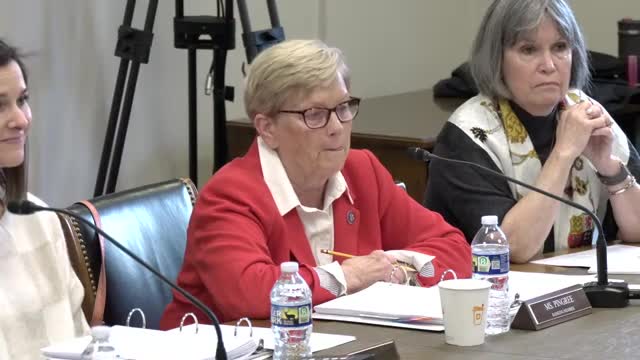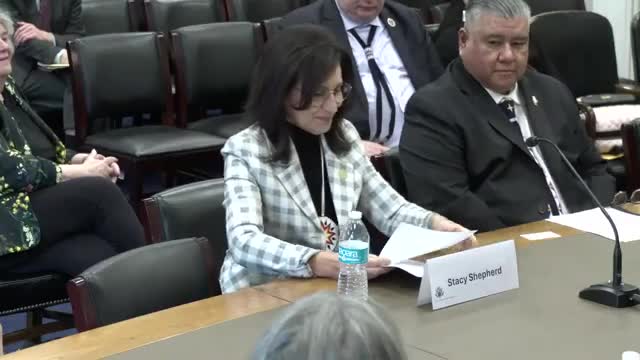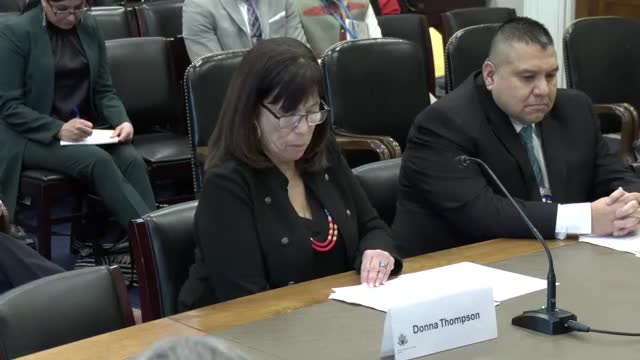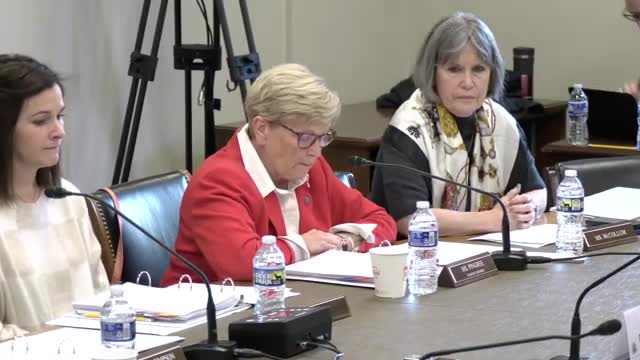Article not found
This article is no longer available. But don't worry—we've gathered other articles that discuss the same topic.

Tribes seek control of land and energy approvals and urge Congress to restore agency staffing for oversight

Choctaw and other tribal leaders ask Congress to boost BIE, JOM and early‑education funding and support language programs

Tribal leaders say law enforcement underfunding leaves reservations dangerously understaffed

